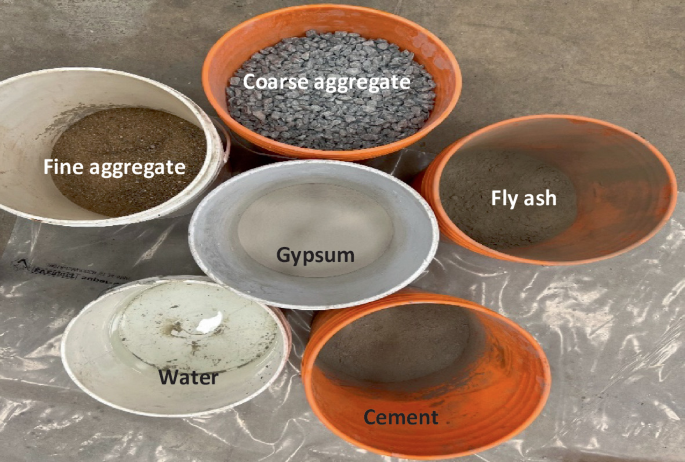What Are Industrial Minerals?

When we think of minerals, images of gold, silver, or coal often come to mind. But there’s another category of minerals — industrial minerals — that are just as vital to our daily lives, even if they don’t always make the headlines.
In this post, we’ll explore the meaning of industrial minerals , their key uses across industries, and why they play such a critical role in the modern world.
What Are Industrial Minerals?
Industrial minerals are naturally occurring inorganic solids that are mined and used in their natural or processed form for industrial, commercial, and agricultural applications. Unlike metals or fossil fuels, they are not used for energy or metal extraction, but for their physical and chemical properties .
These minerals are essential for manufacturing, construction, agriculture, and environmental management.
Common Examples of Industrial Minerals
Here are some of the most commonly used industrial minerals and their applications:
| Limestone | Cement, construction, agriculture |
| Calcium Carbonate | Paints, plastics, paper, food additives |
| Gypsum | Wallboard, plaster, fertilizer |
| Silica Sand | Glass, foundry molds, construction |
| Talc | Cosmetics, ceramics, paper |
| Kaolin (Clay) | Ceramics, paper coating, paint |
| Dolomite | Steel production, agriculture, glass |
| Barite | Oil drilling, medical applications |
| Bentonite | Drilling mud, foundry sand, pet litter |
Where Are Industrial Minerals Used?
1. Construction Industry
Industrial minerals like limestone, gypsum, and silica sand are key ingredients in concrete, cement, asphalt, and drywall — the building blocks of modern infrastructure.

2. Agriculture
Minerals such as limestone and gypsum are used to neutralize acidic soils , improve soil structure, and provide essential nutrients for plant growth.

3. Manufacturing & Consumer Goods
From toothpaste and cosmetics to plastics and electronics , industrial minerals are used as fillers, coatings, and performance enhancers in thousands of everyday products.
Why Industrial Minerals Matter
Industrial minerals are often overlooked, but they are critical to economic growth and sustainability . They help:
- Build roads, homes, and public infrastructure
- Improve agricultural productivity
- Reduce environmental impact (e.g., flue gas desulfurization using limestone)
- Enable innovation in manufacturing and technology
Without industrial minerals, many of the products and systems we rely on wouldn’t exist — or would be far less efficient.
Final Thoughts
Understanding the meaning of industrial minerals helps us appreciate their widespread impact. From the walls of your home to the paper in your notebook, these minerals are quietly shaping the world around us.
Frequently Asked Questions (FAQs)
Q1: What is the difference between industrial minerals and metallic minerals?
A: Industrial minerals are used for their chemical or physical properties in manufacturing and construction, while metallic minerals are primarily mined for the metals they contain.
Q2: Are industrial minerals renewable?
A: Most industrial minerals are non-renewable, as they form over geological time periods. However, recycling and sustainable mining practices help reduce environmental impact.
Q3: Why is limestone considered an industrial mineral?
A: Limestone is used in a wide range of industrial applications — including cement production, agriculture, and pollution control — making it one of the most important industrial minerals.
Final Tip:
Want to learn more about specific industrial minerals and their uses? Stay tuned for our upcoming posts on calcium carbonate, bentonite, and more!

